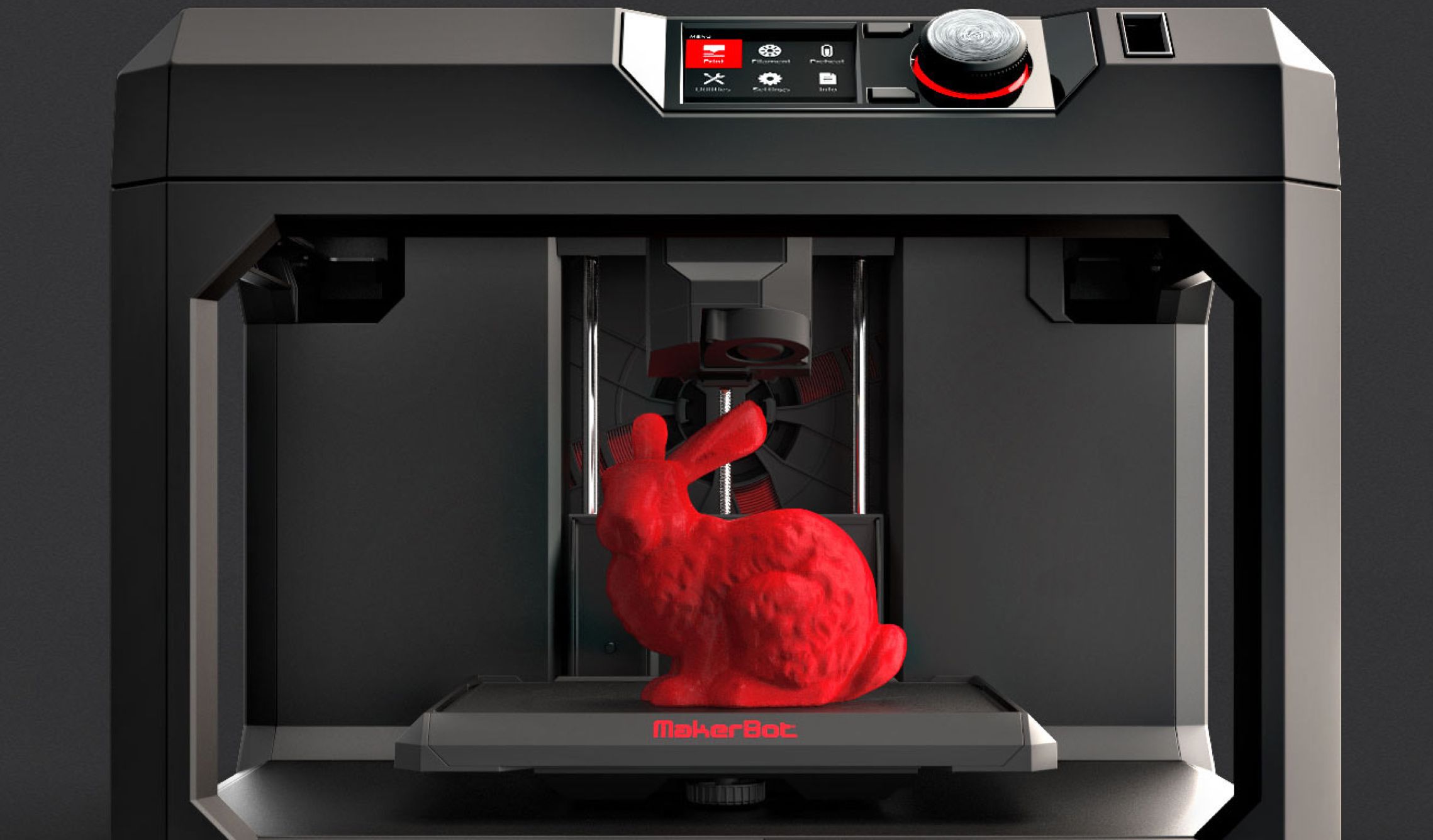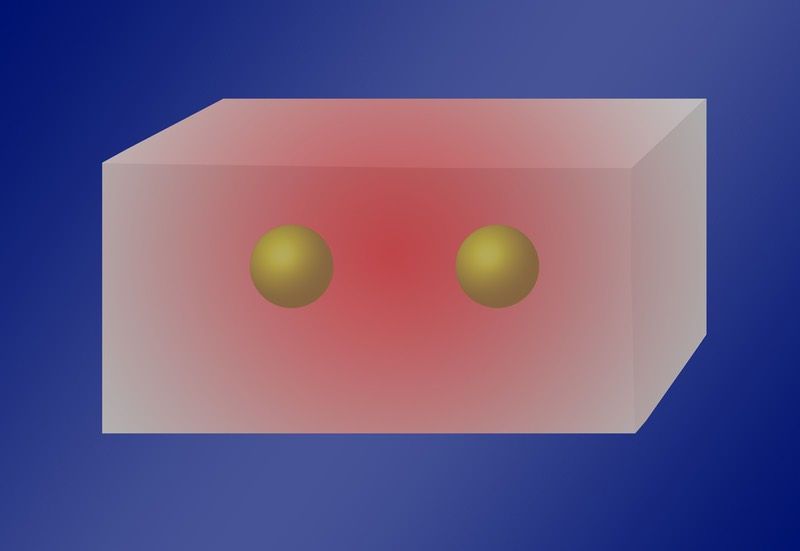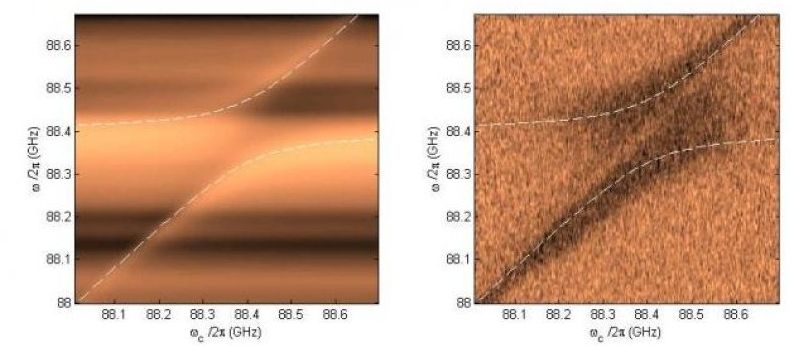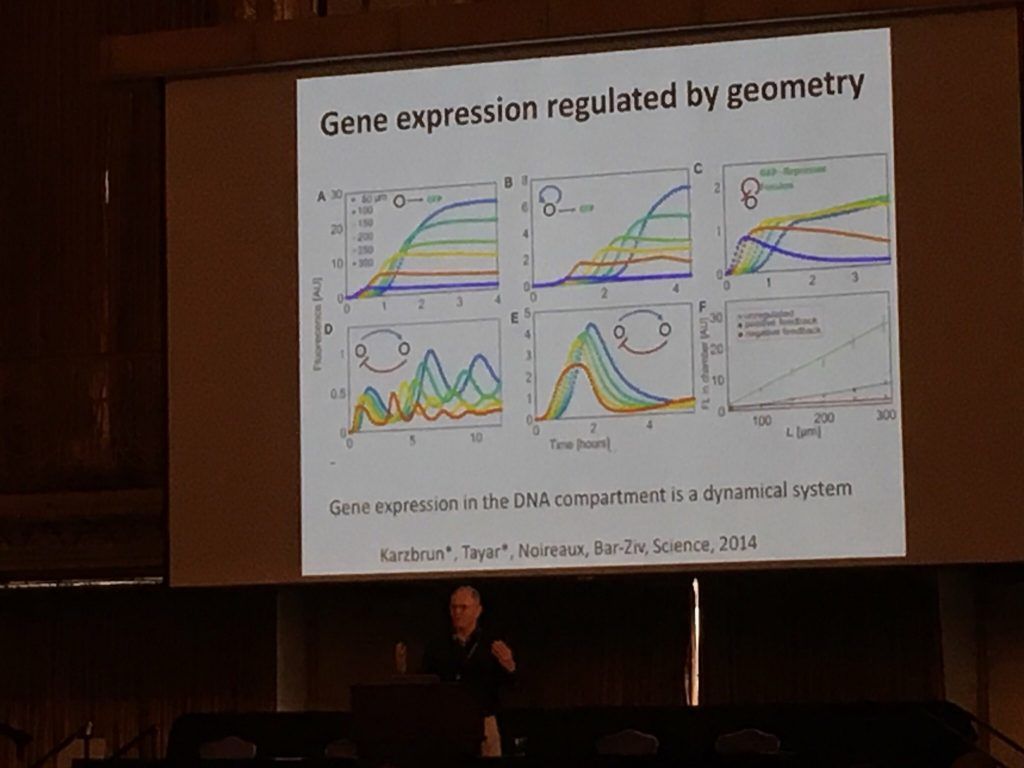Page 11370
Aug 2, 2016
Big Data’s Role in 3D Printing
Posted by Karen Hurst in categories: 3D printing, biotech/medical, business, information science
Big Data and 3D.
3D printing remains one of those technological areas that holds a great amount of fascination. What began as a type of niche market has expanded rapidly in the past few years to encompass nearly every industry out there, from the medical field to manufacturing.
The outlook is a positive one in terms of 3D printing’s future, with Gartner predicting the amount of spending on 3D printers to exceed more than $13 billion in 2018. While 3D printing has always held a lot of promise, one of the factors truly taking the concept to the next level is big data.
Aug 2, 2016
Virtual Light Particles May Boost Quantum Computing
Posted by Karen Hurst in categories: computing, particle physics, quantum physics
A single photon can excite two or more atoms at the same time, scientists found. And the light particle would do so in a very counterintuitive way, by summoning one or more companion photons out of nothingness.
If you think of particles of light, or photons, as billiard balls, it makes intuitive sense that a single photon can excite a single atom.
The new, less intuitive finding depends on the strange nature of quantum mechanics, and might help improve advanced machines known as quantum computers, researchers said. Prior work suggested that such machines could simultaneously perform more calculations in one instant than there are atoms in the universe. [Warped Physics: 10 Effects of Faster-than-Light Travel].
Continue reading “Virtual Light Particles May Boost Quantum Computing” »
Aug 2, 2016
Quantum computing is getting closer
Posted by Karen Hurst in categories: encryption, information science, quantum physics, supercomputing
Electronic computer technology has moved from valves to transistors to progressively more complex integrated circuits and processor designs, with each change bringing higher levels of performance. Now the advent of quantum computers promises a huge step increase in processor performance to solve certain types of problems.
Quantum computers are much faster than the world’s fastest supercomputers for some applications. In 1994 Peter Shor, an applied mathematician at Bell Laboratories, gave the encryption world a shock when he demonstrated an algorithm showing that quantum computers could threaten conventional prime number based encryption methods.
If an adversary conducts successful espionage raids on encrypted information stored in present technology computer installations, possibly through a compromised or issue-motivated individual who transfers it to portable media, it could become vulnerable to decryption by that rival’s quantum computers.
Aug 2, 2016
Bridging the gap between the quantum and classical worlds
Posted by Karen Hurst in category: quantum physics
Changing minds and bridging worlds of Classic science and a Quantum World.
Strong coupling in specific light-matter interactions, previously believed to be a quantum phenomenon, is explained with classical models and experiments.
Aug 2, 2016
Most Powerful Quantum Optimization Processor Worldwide Now Online at USC ISI
Posted by Karen Hurst in categories: computing, quantum physics
More on the new most powerful QC at USC.
Following a recent upgrade, the USC-Lockheed Martin Quantum Computing Center (QCC) based at the USC Information Sciences Institute (ISI) with 1098 qubits, is now the leader in qubit capacity…
USC Viterbi School of Engineering Amy Blumenthal, 917.710.1897 [email protected]
Aug 2, 2016
Pass the hash for peace, love and security in the quantum computing age
Posted by Karen Hurst in categories: computing, encryption, quantum physics, security
Excellent write up on a paper submitted to the International Association for Cryptologic Research, by a group of UK and Belgian researchers are offering up a dig-sig scheme to assist in the addressing of Digital signatures (one of the fundamental parts of cryptography) in a post-quantum world. Expect the heat to rise on QC security as China’s launch date nears for the new Quantum Satellite.
Boffins smokin’ idea to share parts of keys to cook quantum-proof crypto.
Aug 2, 2016
SEED 2016: What can we do outside of a cell?
Posted by Karen Hurst in categories: bioengineering, biotech/medical, computing
Nice.
When we think of synthetic biology, we often think of engineering a cell to give it some useful function. But SEED 2016 had quite a few speakers working outside of a biological cell. Some broke open cells to utilize just the cellular machinery to create “cell-free” systems. Others showed what could be done inside of the computer (in silico) to improve our understanding and prediction of synthetic gene networks. Here, we’re highlighting SEED speakers who showed how both of these approaches can advance synthetic biology.
Cell-free synthetic biology
Continue reading “SEED 2016: What can we do outside of a cell?” »
Aug 2, 2016
Scientist says we may be living in a computer simulation controlled by an evil genius
Posted by Dan Kummer in categories: computing, neuroscience
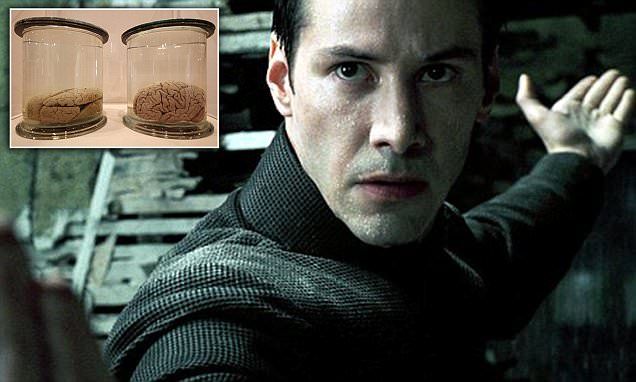
Laura D’Olimpio from the University of Notre Dame Australia explained the thinking behind the ‘brain in a vat’ idea and that, even if we are living in a simulation, we can be certain we exist.
Aug 2, 2016
Tesla is building an electric minibus based on the Model X
Posted by Andreas Matt in categories: climatology, economics, Elon Musk, energy, robotics/AI, sustainability
Elon Musk has been a busy man lately as he works to transition the world to renewable energy and sustainable transportation with the goal of decarbonizing the global economy to meet the challenge of climate change. To meet that goal, Tesla will need to address “high passenger-density urban transport” – and Musk just confirmed plans to create a fully autonomous electric Minibus using the Model X chassis.

